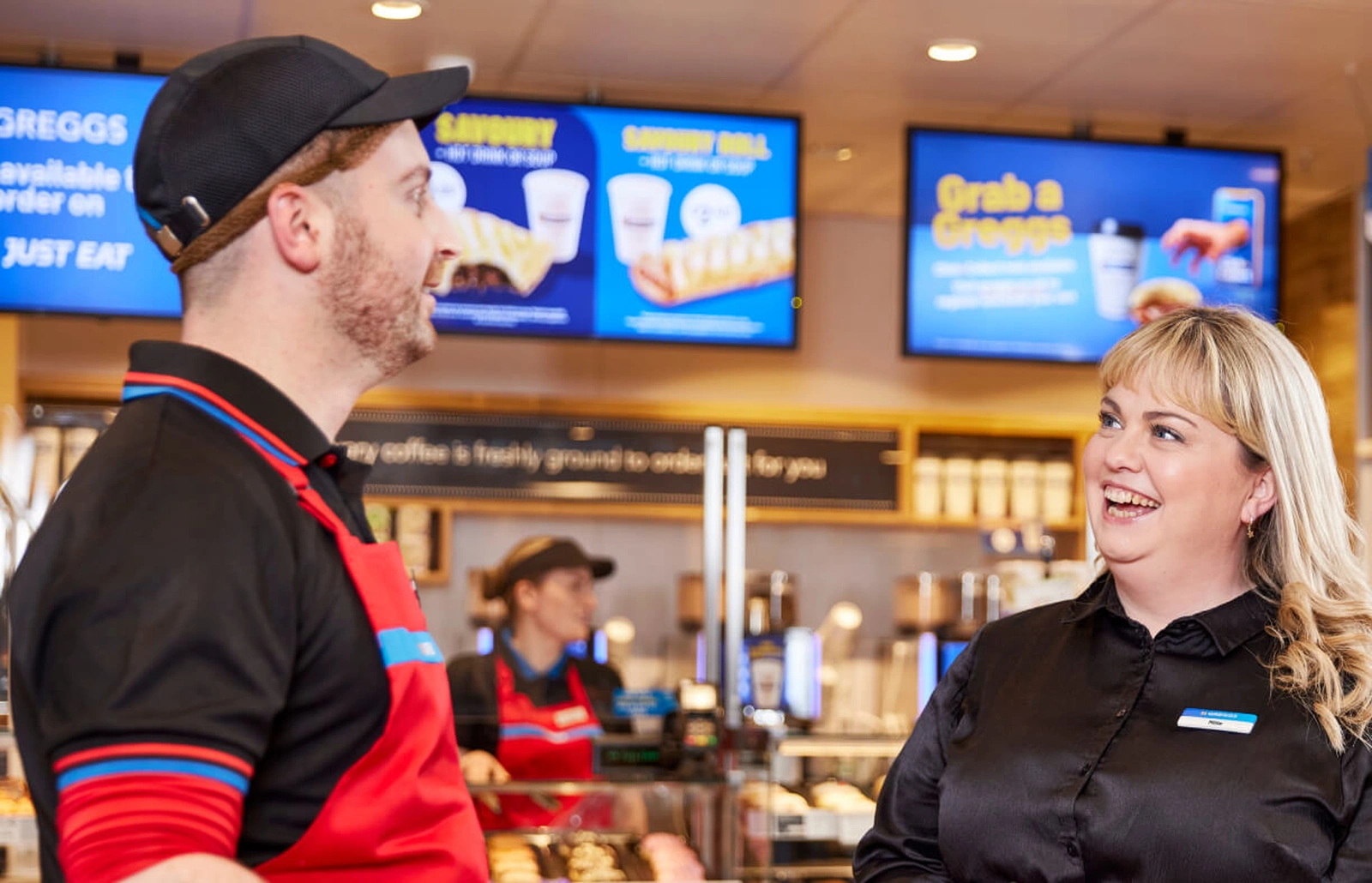Chasing Greatness: In the pursuit of athletic excellence, champions are forged not only through individual talent but also through the power of teamwork and resilience. As we delve into the captivating world of high-performance sports, we uncover inspiring stories that transcend the boundaries of the playing field, offering valuable lessons for personal growth and professional development.
Through the lens of a sports photography project featuring Slovenian cycling superstar Tadej Pogačar and Team Slovenia, we witness the embodiment of Chasing Greatness, Achievement Mindset, Personal Growth, and Self-Improvement. These athletes’ dedication, resilience, and personal style not only captivate us but also inspire a new generation to reach for their own ambitious goals.
In the pursuit of greatness, sports have the power to cultivate the essential qualities of teamwork and resilience. From the challenging 72-hour team development program sessions to the gruelling 3-day camp focused on psychology and mental drive, these athletes endure tests of both mental and physical endurance. The remarkable improvements seen in their training and performance after the Endurance Psychology sessions serve as a testament to the transformative power of sports.
By immersing ourselves in the captivating narratives of elite athletes, we uncover the true essence of Chasing Greatness. Whether it’s the Tour de France documentary’s emphasis on teamwork and sacrificing personal glory for the team’s greater good, the Break Point documentary’s highlight on the importance of self-belief and silencing negativity, or The Last Dance’s focus on Michael Jordan’s determination and perseverance, these stories inspire us to push beyond our limits and achieve the extraordinary.
Understanding the Power of Sports in Personal Development
The inspirational journey towards greatness often begins on the sports field, where individuals learn the true meaning of mental toughness and resilience. Through the rigours of athletic pursuits, one can unlock profound personal growth, both physically and mentally.
Physical and Mental Growth Through Athletic Pursuits
From the golf course to the mountainous trails, solo sports provide a unique opportunity for athletes to develop fine and gross motor skills, agility, endurance, and hand-eye coordination. 76% of amateur golfers will swing a club approximately 100 times through 18 holes, honing their skills and mastering their craft. Similarly, trail runners preparing for ultramarathons must cultivate a strong, healthy mindset to push through discomfort and establish new personal bests.
Building Character Through Competition
The competitive nature of sports not only refines physical abilities but also shapes the force of one’s character. Solo athletes must push themselves to establish a healthy, competitive mindset, setting and pursuing their own goals. This process instils a sense of purpose and resilience, as athletes with purpose-based identities were more likely to win medals compared to those with performance-based identities.
The Role of Sports in Shaping Leadership Skills
Beyond the individual, sports can also foster the development of essential leadership skills. Through teamwork and shared challenges, individuals learn to work towards common goals, honing their ability to lead diverse groups. Sports teach leadership skills, promoting the ability to lead diverse groups towards shared objectives. This valuable experience can be seamlessly transferred to the professional world, empowering individuals to excel in their careers.
Chasing Greatness: The Journey of Elite Athletes
The path to greatness in professional sports is paved with unwavering determination, resilience, and a steadfast mindset. Behind the dazzling performances and trophy-laden careers of elite athletes lie stories of personal struggles, setbacks, and the relentless pursuit of unlocking their potential.
Stories of Determination and Perseverance
Take the inspiring journey of Lewis Howes, who overcame a challenging upbringing in the small town of Delaware, Ohio, with a population of around 25,000. Despite feeling humiliated in his youth for being placed in special-needs classes and not being selected for dodgeball teams, Howes dedicated himself to becoming an All-American athlete. He committed to intense training sessions, game film analysis, and even abstained from alcohol throughout his college experience. Howes’ unwavering determination and overcoming adversity eventually led him to become a two-sport All-American, excelling in both decathlon and football.
Overcoming Adversity in Professional Sports
The journey of greatness is not without its obstacles. NFL legend Drew Brees, for instance, found purpose and inspiration in playing sports not only for himself but also to uplift his father, who was in a coma for three months due to a car accident in New Zealand. Brees’ ability to overcome personal tragedies and maintain a strong sense of purpose has been a key driver in his success. As he shared, “Greatness is not about the destination, but the journey.”
Setting and Achieving Ambitious Goals
Brees’ approach to mindset mastery is reflected in his daily non-negotiables, which include meticulous preparation, maintaining a peak performance state, and compartmentalizing his life to stay in the moment. Howes, too, emphasised the importance of having a strong reason or purpose to push through challenges, such as his 30-day challenge to become great at one thing. By setting and achieving ambitious goals, elite athletes like Brees and Howes have not only unlocked their own potential but also inspired others to chase their own greatness.

“Greatness is not about the destination, but the journey.” – Drew Brees
Building Unbreakable Team Bonds Through Shared Challenges
Effective teamwork is the bedrock of any successful endeavour, and building strong team bonds is crucial for achieving greatness. By embracing shared challenges, teams can forge unbreakable connections that transcend the confines of the workplace.
Communication as a Cornerstone of Team Excellence
Clear and concise communication is the lifeblood of high-performing teams. When team members communicate effectively, they can ensure task clarity, avoid misunderstandings, and enhance overall efficiency. Practising active listening and articulating ideas with precision are essential skills that foster teamwork, personal growth, and self-improvement.
Trust and Support in Team Dynamics
Cultivating an environment of trust and support is vital for building resilient teams. When team members feel comfortable relying on one another, they can take calculated risks, offer constructive feedback, and collectively overcome obstacles. Patience and a willingness to support each other’s development are hallmarks of teams that achieve extraordinary results.
Creating a Culture of Mutual Respect
Mutual respect is the foundation upon which strong teams are built. By fostering a culture of respect, team members can celebrate their diverse strengths, learn from one another, and collaborate effectively. When individuals feel valued and appreciated, they are more likely to contribute their unique perspectives, driving innovation and personal growth.
Through shared experiences, open communication, and a culture of mutual respect, teams can forge unbreakable bonds that propel them towards teamwork and self-improvement excellence.
“The true strength of a team lies in its ability to navigate challenges together, emerging stronger and more connected than ever before.”
Developing Mental Toughness and Resilience in Sports
In the realm of sports, mental toughness and resilience are the cornerstones of greatness. These invaluable qualities not only propel athletes to achieve their loftiest goals but also inspire them to overcome adversity and emerge stronger than ever before.
Recent studies have revealed that mental strength accounts for a staggering 80% of an athlete’s performance. This underscores the profound impact that psychological resilience can have on one’s ability to excel in the competitive world of sports.
Attributes such as perseverance, long-term goal setting, and a stoic approach to challenges have become hallmarks of the mentally tough athlete. Sports psychologists emphasise the importance of self-reliance and internal motivation in cultivating this invaluable mindset.
Positive self-talk and visualisation techniques are also integral to the development of self-belief and confidence, which are essential for athletes to perform at their peak. By setting SMART (Specific, Measurable, Achievable, Relevant, and Time-bound) goals, athletes can chart a clear path to success and stay motivated throughout their journey.
“Resilience and mental toughness are essential for athletes to perform at their best and overcome challenges, enhancing motivation, confidence, and focus.”
The benefits of mental toughness extend beyond the playing field, as it equips individuals with the skills needed to navigate life’s challenges. Team sports, in particular, play a crucial role in nurturing these qualities, teaching the value of perseverance, teamwork, and leadership.
As athletes embrace adversity as an opportunity for growth, they develop the grit and self-belief that shape their character and sportsmanship. This, in turn, fosters empathy and compassion among teammates, strengthening the bonds that underpin true team excellence.

Organisations like the Y recognise the immense value of cultivating mental resilience through sports programmes, empowering individuals to reach their full potential both on and off the playing field. By championing the principles of teamwork, empathy, and perseverance, these initiatives help to instil the qualities that define the truly great athletes and leaders of tomorrow.













